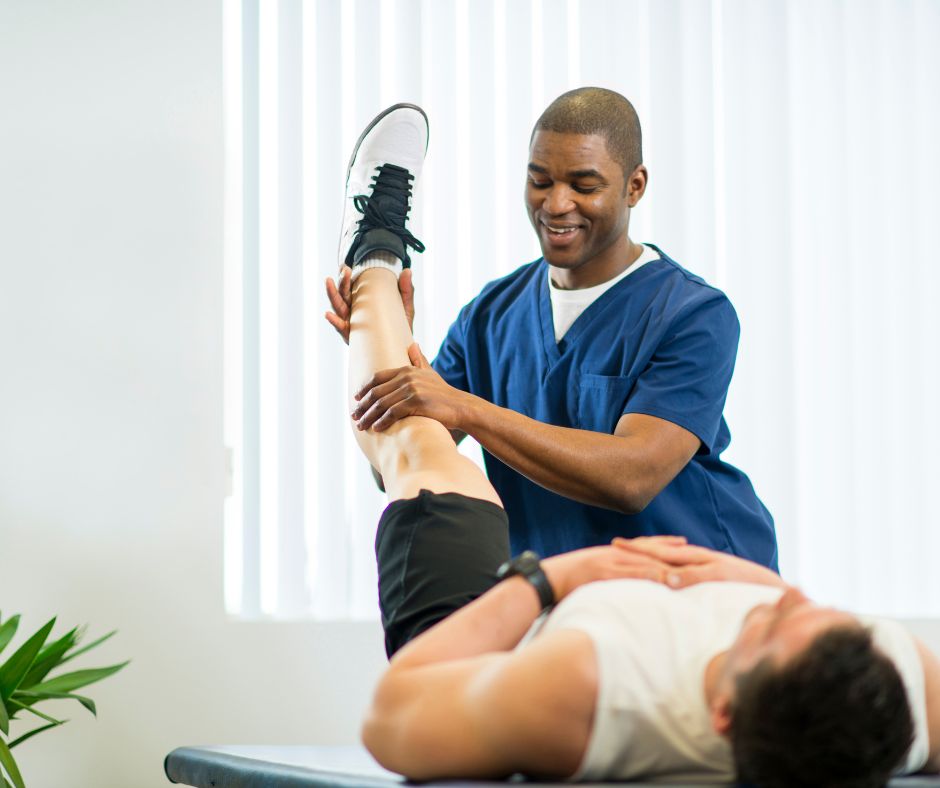Improving Rehab Results Through Efficient Functional Movement Assessment Protocols
Improving Rehab Results Through Efficient Functional Movement Assessment Protocols
Blog Article
Operational Mobility Assessment (FMS) is a valuable instrument used to assess an individual's mobility patterns. This assessment aids identify any deficiencies or imbalances in the musculoskeletal system, which can lead to harm if not addressed. In recovery settings, FMS can serve a critical role in improving rehabilitation outcomes. By comprehending how each individual moves, healthcare providers can develop focused rehabilitation plans that concentrate on improving power, flexibility, and general function.
One of the key advantages of using FMS in rehabilitation is its capability to identify particular areas that need enhancement. For example, if a client has difficulty with squatting or lunge movements, it may indicate a deficiency of mobility in their hip joints or ankles. This data allows therapists to formulate customized exercise programs that emphasize addressing these deficits. As a result, patients are more likely to recover their strength and ability, which is crucial for returning to daily tasks or sports.
Implementing efficient FMS procedures can also help avoid future harm. Many injuries happen due to inefficient movement mechanics or excessive use of certain muscular clusters. By screening individuals before they begin a rehabilitation program, therapists can detect risks and implement approaches to minimize them. Educating patients about proper movement patterns and enhancing underdeveloped areas can lead to sustained advantages, ensuring that they remain engaged and healthy.
Moreover, the use of FMS can enhance dialogue between web link healthcare providers and patients. When clients see their mobility Web Site patterns evaluated and explained, they gain a better understanding of their rehabilitation process. This clarity fosters trust and motivates patients to take an engaged role in their recovery. By engaging patients in their recovery process, they are more likely to adhere to recommended activities and lifestyle changes that promote better outcomes.
In conclusion, enhancing recovery results through effective functional mobility screening protocols is crucial for both clients and healthcare providers. By precisely assessing movement mechanics, therapists can develop customized rehabilitation programs that meet individual needs. This not only aids in rehabilitation but also assists prevent future harm. As patients become more involved in their rehabilitation process, they are likely to achieve their goals and sustain a healthy, engaged way of living.